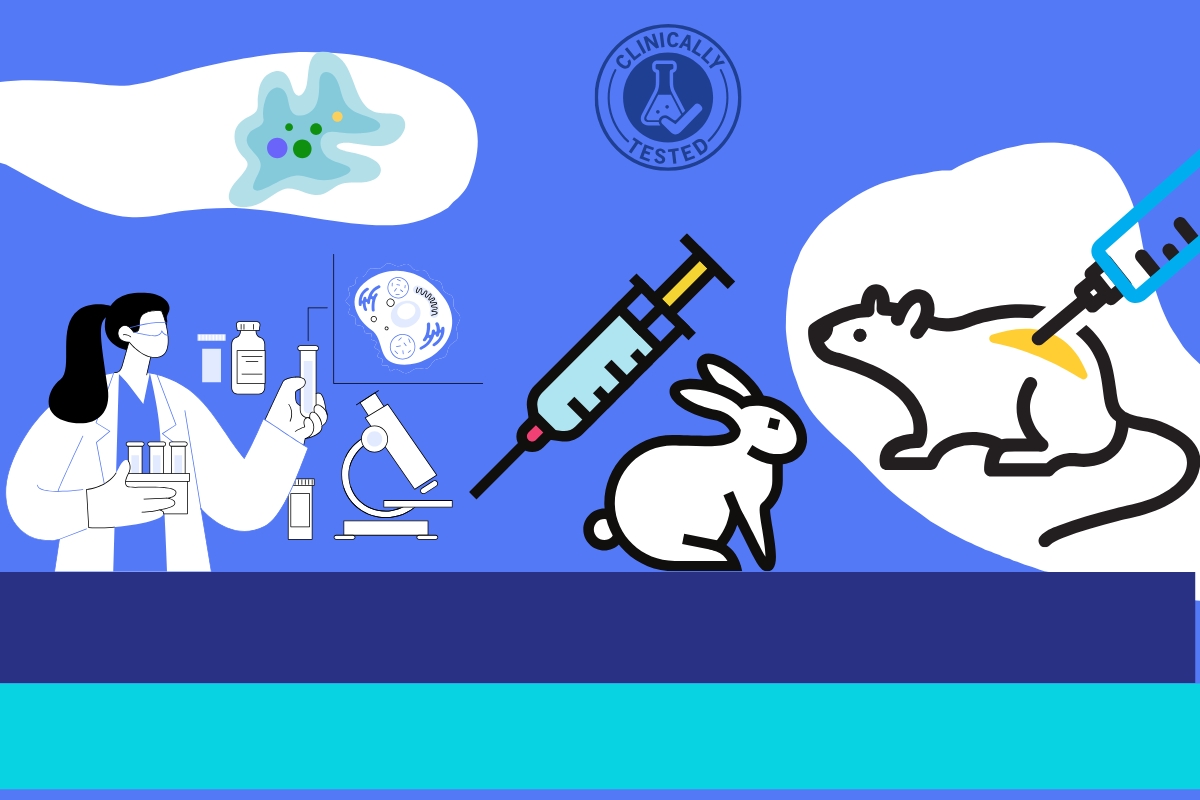
Preclinical evaluation is vital in ensuring MedTech device safety and regulatory readiness. At Qualentra Global, we provide ISO 10993-aligned toxicological risk assessments, biological safety evaluations, and biocompatibility testing to help innovators de-risk early and fast-track clinical validation.
- Toxicological Risk Assessment per ISO 10993-17
- Biocompatibility Strategy & Test Planning (ISO 10993-1)
- Biological Safety Evaluation Reports (BSER)
- Material Characterization & Justification
- Third-Party Testing Lab Coordination
- Gap Assessment for Global Regulatory Submissions
End-to-End Preclinical Lifecycle – 6 Key Stages
Material & Device Characterization
Gather physical, chemical, and manufacturing data for risk profiling.
Toxicological Risk Assessment
Hazard identification, exposure estimation, and margin of safety calculations.
Biocompatibility Planning
Identify applicable endpoints and select test strategies based on device nature and duration of contact.
Biological Safety Testing Coordination
Interface with accredited labs to conduct in vitro and in vivo testing per ISO 10993 series.
Data Interpretation & Report Drafting
Analyze results, prepare BSER and justify biological safety to regulators.
Regulatory Review Support
Address queries and optimize documentation for FDA, CE, CDSCO or other agency submissions.
100%
Regulatory-Compliant Safety Dossiers
40%
Faster Safety Evaluation Timelines
90%
Zero Rejection on First-Round Safety Submissions
Frequently asked questions
We do not run tests in-house but have vetted partnerships with NABL- and GLP-certified labs. We handle everything from planning to interpreting results, ensuring seamless execution.
Yes. We conduct a detailed gap analysis of existing data to determine what can be reused, justified, or supplemented—helping avoid duplicate tests and costs.
Yes, for most regulated markets, a BSER is essential for submission. It consolidates all safety data and toxicological assessments to justify that the device is safe for intended use.